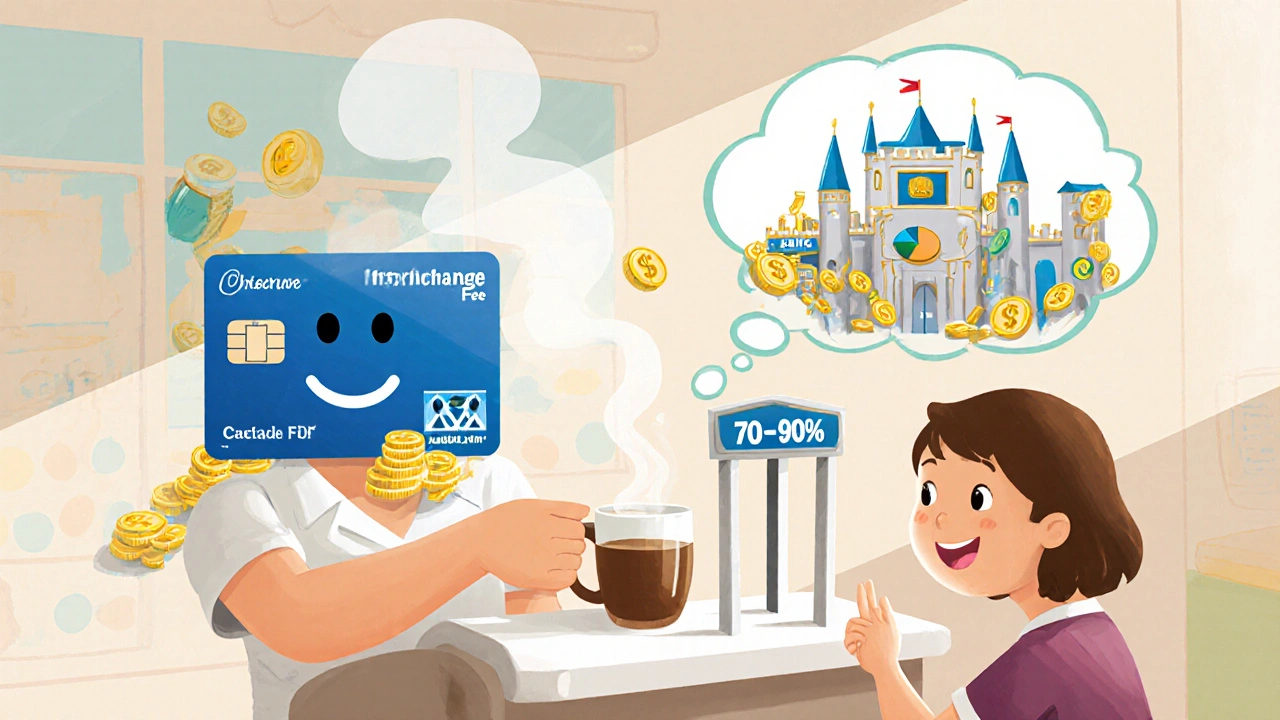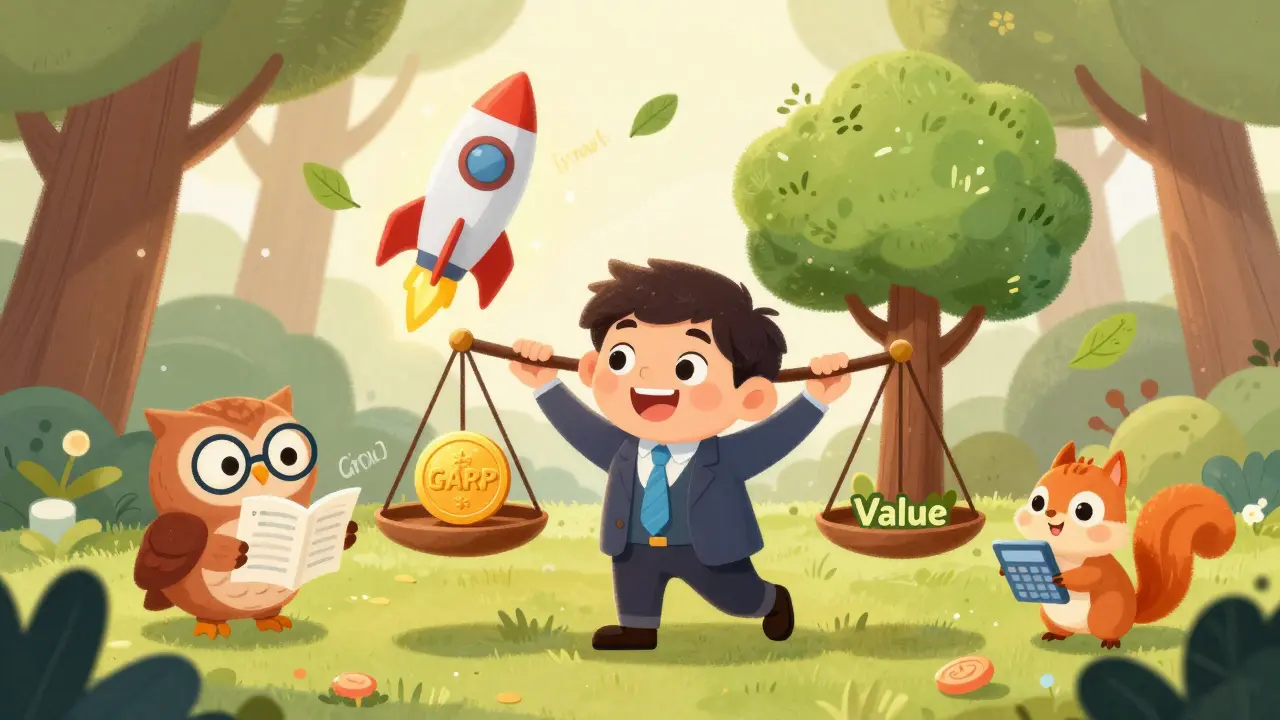Credit Card Fees: What They Are, How They Hurt You, and How to Avoid Them
When you sign up for a credit card, a financial tool that lets you borrow money up to a set limit, with terms set by the issuer. Also known as plastic money, it’s convenient—but the real cost often hides in the fine print. Most people focus on rewards, cash back, or sign-up bonuses. But the real drag on your finances? The annual fee, a yearly charge some issuers impose just for having the card. It’s not always obvious, and it’s not always worth it. If you’re paying $95 a year for a card that gives you $70 in travel credits, you’re losing money. Simple as that.
Then there’s the foreign transaction fee, a charge applied when you use your card overseas or for international online purchases. It’s usually 3%—so a $500 hotel bill in Paris costs you an extra $15. Most people don’t realize they’re paying this until they see their statement. And if you’re using your card for online shopping from foreign sellers—even if you’re not traveling—you’re still getting hit. Same goes for balance transfer fees, a one-time charge when you move debt from one card to another to get a lower interest rate. It’s often 3% to 5%, and if you’re transferring $5,000, that’s $150 to $250 right off the top. These fees don’t show up in ads. They’re buried in the terms. And if you’re carrying a balance, the interest rates, the percentage you pay to borrow money if you don’t pay your balance in full each month. It’s the silent killer of financial progress can be even worse—often 20% or higher.
Here’s the truth: you don’t need a fancy card with a $500 annual fee to get good rewards. Many no-fee cards offer 2% cash back on groceries and gas. Some even waive foreign transaction fees. You just have to look. And if you’re thinking about a balance transfer, do the math first. Is the 0% intro rate worth $150 in fees? What if you can’t pay it off in 12 months? That’s when the real cost kicks in.
What you’ll find in the posts below isn’t a list of the "best" cards. It’s a breakdown of what fees actually cost you, how they sneak into your spending, and how to spot the traps before you sign up. From hidden charges on travel cards to how interest compounds when you only pay the minimum, these are the real stories behind the numbers. No fluff. No hype. Just what matters when you’re trying to keep more of your money.



